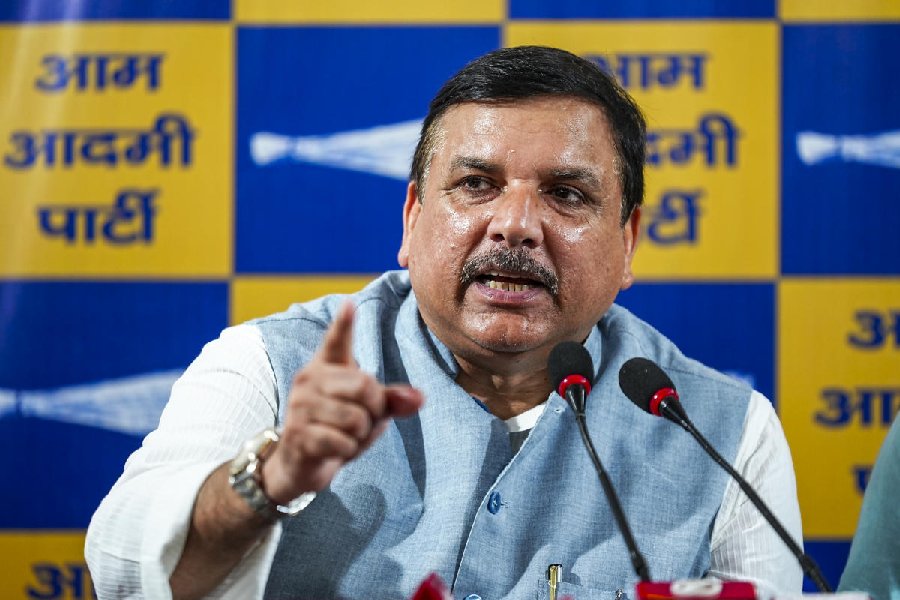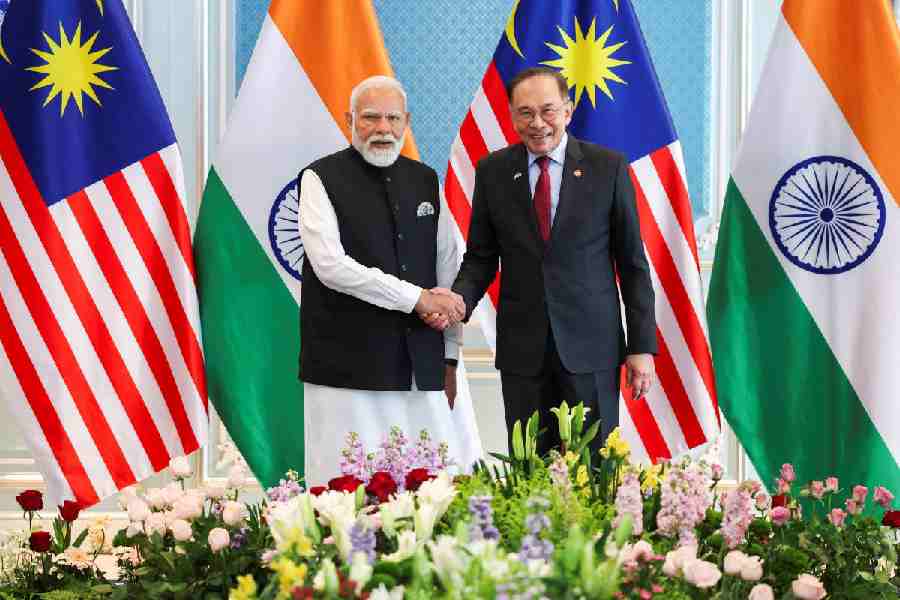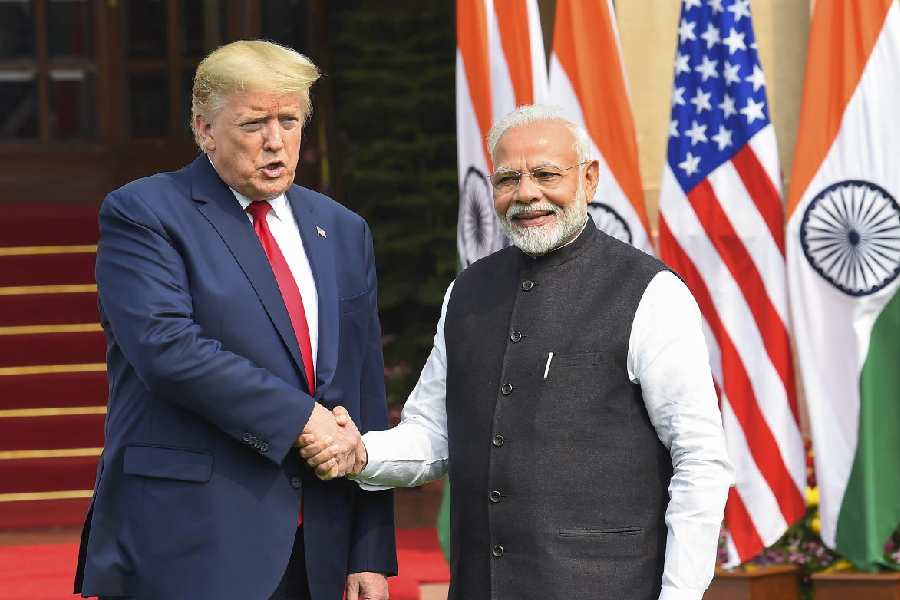In the recent controversy over what candidates ought to be required to disclose when filing their nominations, one curious item has produced a lot of discussion. This is whether candidates ought to be required to disclose their educational qualifications. The debate over the importance of educational qualifications is curious because it reveals more about the politics of education than it does about electoral reform. What does the fact that judges, bureaucrats and their middle-class supporters seem to lay great stress on revealing educational qualification reveal about them?
There is a monumental irony in the fact that the educated attribute some of the malaise of our politics to the fact that the voters seem unaware of, and do not take seriously, the educational qualifications of their candidates. The obvious retort to this sentiment is that the relationship between formal educational qualifications and civic and legislative competence this assumes is, at best, an unsubstantiated guess. After all, it is in the middle class that civic dereliction seems to increase in proportion to its educational qualifications.
Manmohan Singh loses elections in south Delhi, thanks to the educated exercising their civic duties by not voting. Benazir Bhutto's Harvard and Oxford credentials did not do much for Pakistan, not to mention what Pol Pot's association with the Sorbonne did for Cambodia. Closer home, Subramanian Swamy's doctoral degree from Harvard has hardly made him a paragon of responsible politics and intelligent policy; and P. Chidambaram's much flouted financial education at the same institution did not prevent him from capitulating to vested interests and coming up with a profligate budget that made our fiscal deficit go through the roof.
Our current minister for human resources development - who also has earned the appellation, 'doctor', and is in charge of education - seems more interested in ideology than education, a distinction that seems lost on his refined intelligence. To be sure, it does not follow from the fact that the educated behave badly, that education is not important for politicians, but clearly the hope that educational qualifications ought to be part of a package of cleaning up politics requires more argument.
It is part of what it means to be educated in India that we can have opinions but not subject them to the rigour of disciplined analysis. What is the empirical evidence that lack of education in our legislators is the source of ill-thought policy, bad legislation, uncivil deliberation and high-pitched grandstanding in Parliament?
Just a quick perusal of the facts on the educational background of parliamentarians ought to give us some food for thought. In the first Lok Sabha, 23 per cent of the legislators were 'under matriculates', that is, had not completed their schooling. By the ninth Lok Sabha, that proportion was less than three per cent. The number of parliamentarians holding graduate degrees during the same period has risen from 37 per cent to almost 49 per cent, and of those holding post-graduate degrees has risen from 17 to 25 per cent. The unequivocal trend in Parliament is that our members of parliament are more educated in terms of formal degree requirements than ever before.
Of course, it speaks volumes for the quality of our higher education that this fact seems not to register in our consciousness with the force that it ought to. If the quality of deliberation has declined in Parliament, as most analysts agree, you can be certain it has almost nothing to do with the educational attainments of our legislature. But it certainly ought to give pause to those who think that the vacuousness of our politics has something to do with their lack of accomplishment in attaining formal degrees.
There is something troubling about a stance that stresses the importance of educational qualifications for politics in a society which has not taken education seriously as a collective enterprise. We did not want to spend a greater proportion of our gross domestic product on education because we laboured under the false illusion that the poor were incapable of reaping the benefits of schooling. The very same classes whose dispositions, ideology and social outlook made them reluctant to make primary education a national priority seem to want to express their contempt for politicians by exposing their apparent lack of education.
Although the stress on education for all classes and all occasions is generally a good thing, the new-found middle-class desire to make the disclosure of educational qualifications mandatory seems to have little to do with a genuine fondness for education. At its most innocuous, this concern that somehow education is the key to getting our politics right is a kind of causal mistake. We are misattributing the weaknesses of our politics to causes that will not bear the weight of explanation. At its worst, it is a form of class snobbery, a way of distancing the educated from the uneducated demos which has to be told that education is important. The demos will not take the education of its elected officials seriously unless mandated by middle-class judges to do so.
The fuss over making these disclosures mandatory has not only revealed the fact that our judiciary is assertive, or that our politicians can exercise self-serving and decisive collective action when their own interest and complicities are at stake. It also reveals the ways in which our educated classes, having distanced themselves from politics, engage in wishful thinking about what it will take to reform it. We are too often tempted by the thought that for every problem there has to be a legally mandated solution. It is astonishing to think that in a free and open society, people or individuals will not be able to collect the information about their candidates if they deem it relevant.
Getting some measure of a candidate's financial assets is important, but is that what we are really after in this current round of reforms? Again, this is not meant as a brief for politicians, but there is something deeply hypocritical about all of us wanting to pry into our politicians financial assets when the vast majority of us, other than the helpless salaried class, have taken tax evasion to new art forms. Genuine, sustainable and intelligent reform of an entire gamut of institutions and practices, especially the financing of elections, is necessary, but our politicians are half right in suspecting that much of the recent attempts to produce reform through legally mandated disclosures are more about displacing our complicities on them, than it is about achieving genuine reform.
The educated are disguising their own civic disengagement by blaming most of our ills on the fact that the educational qualifications of our politicians have not been made more of a political issue. As for the privileges of politicians and the uneducated voter who elects them: the Indian Parliament has amongst the highest turnover of legislators in any election. The probability of a sitting MP getting reelected is never more than 50 per cent. Some of the demos are at least exercising choice, which is more than can be said of the educated who so dislike what is produced as a result. The educated need a lesson in politics at least as much as our politicians need a lesson in education.
The author is professor of philosophy, law and governance, Jawaharlal Nehru University, New Delhi
 Sunday, 08 February 2026
Sunday, 08 February 2026










